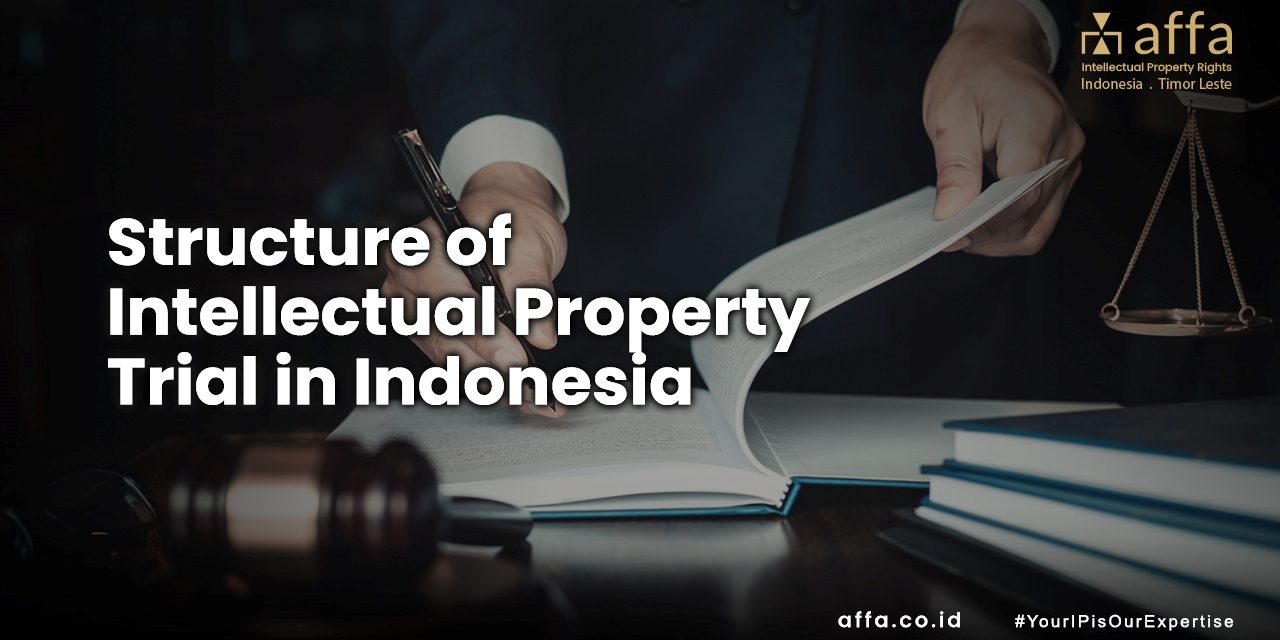As the world becomes increasingly interconnected, the exchange of ideas, innovation, and creativity has become an essential engine of global economic growth. Intellectual Property Rights serve as the cornerstone of this new economy, safeguarding the interests of inventors and fostering an environment conducive to creative endeavor.
Within this context, Indonesia, home to a thriving marketplace of ideas, has seen a dramatic increase in the importance of Intellectual Property Rights. This article aims to demystify the unique and complex structure of the intellectual property trial process in Indonesia. From understanding the roles of various stakeholders and procedural intricacies to the legal framework that governs these trials, we’ll provide a comprehensive guide to navigating this essential, yet often confusing, aspect of Indonesia’s legal landscape.
Civil proceedings in Indonesia are conducted in writing and oral arguments. The judges will listen to the oral arguments of each party one at a time, and they rely heavily on the documentary evidence. Witnesses of fact can also provide oral evidence before the court. However, a witness statement or affidavit alone will not be sufficient since it is considered merely supplementary documentary evidence. In general, the procedure of the trial is as follows:
- attendance at the first hearing after the court summons both plaintiff and defendant;
- attendance at the second hearing, when the defendant files its response to the plaintiff’s cancellation suit;
- preparation of the plaintiff’s reply to the defendant’s response to the suit;
- attendance at the third hearing to file the plaintiff’s reply;
- attendance at the fourth hearing when the defendant files its response to the plaintiff’s reply;
- preparation of the plaintiff’s evidence to be submitted to the court;
- attendance at the fifth hearing to submit the plaintiff’s evidence and review the defendant’s evidence;
- preparation and filing of the conclusion of the case based on documents and evidence filed with the court by both plaintiff and defendant;
- attendance at the sixth hearing on the filing of the conclusion of the case;
- attendance at the seventh hearing to hear the judges’ decision; and
- issuance of the court’s decision.
For patent disputes, pursuant to Article 145(4) of the Patent Law, the trial can be conducted in a private manner if both parties make a request to the Court of Commerce for the trial to be private. This is to protect the secrecy of processes that would be easily manipulated or improved by a person knowledgeable in the relevant field.
For further questions regarding Intellectual Property disputes in Indonesia and the world, contact us via [email protected].







